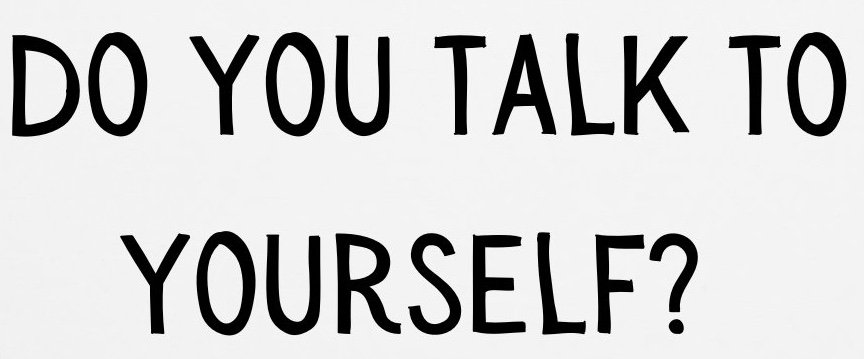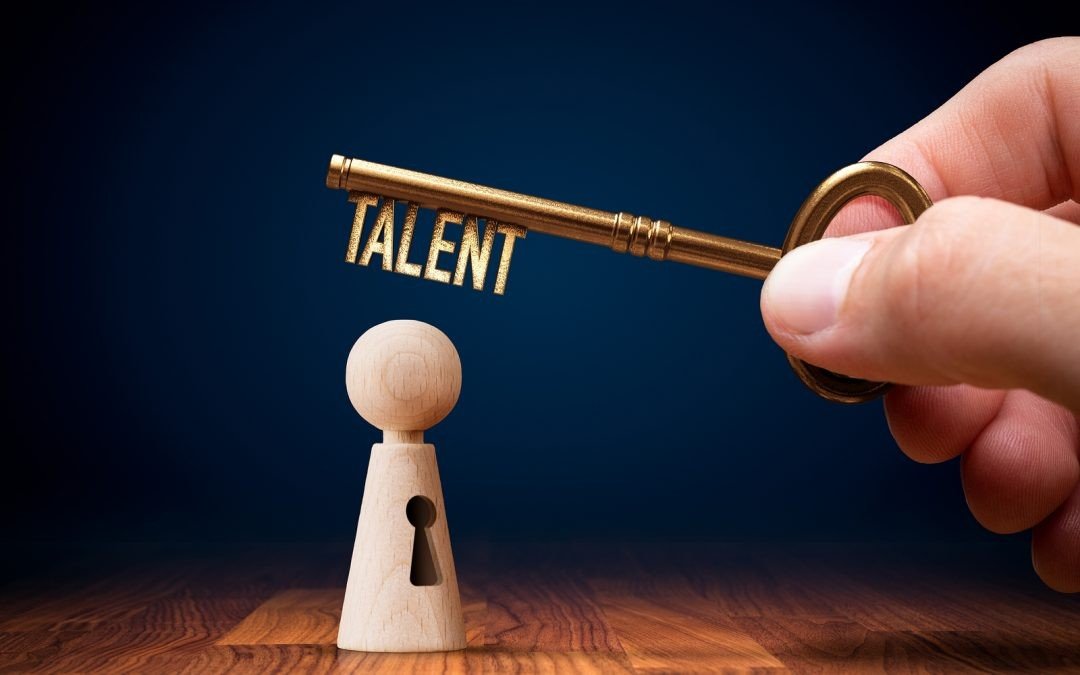Continuing the Q+A sessions with industry professionals that may inspire organisations to think and act accordingly. This week we have the former Customer Experience and Marketing Director at Metroxpress, Mie Bilberg.
1. What are the industry trends affecting your business?
Well, the marketing industry has been disrupted, just to use a well-known expression. The challenge is that somewhere in between technology and human behaviour we may have lost the clear picture of what is the role of marketing. Everything from creativity, data, insights, technology, media and communication is now under the marketing umbrella. Marketing is expected to be here, there and everywhere and the big problem is that one day, we risk eliminating the marketing role. Right now, the Chief Marketing Officer has the shortest lifespan in the management team, probably because the role is no longer clear.
2. What are you doing now that you feel good about? Is there anything that you could be doing better?
There is always something I can do better, I believe in lifelong learning. I am on a mission, spreading the words of why we should listen and involve our customers. I am learning every day myself, but I believe in customer experience as a growth strategy, because I have seen it work and it makes sense in 2017 with the technology, we are lucky enough to have.
3. When you start a new project, how do you set yourself up to win?
With a positive approach and evaluating what works and starting from there. We tend to focus on the negative, but I think, there is a lot more to win if we focus on the positive! To win - it takes a clear goal, a specific plan and a team who are willing to learn and navigate from the learnings.
4. We know that feelings and emotions drive human behaviour, but why do you think that storytelling is a powerful tool to build culture?
This is because we remember feelings better than words, stories make us feel and relate. Therefore, if you want to tell me, why I should change behaviour or run after a new ambitious goal, you should start telling a story, to make me understand why this makes sense and which scenarios we are operating within.
5. Based on a prism of what's working and what's not from the customer’s perspective, how can your organisation realign to meet your customers' needs?
Well, in a way it´s easy as the customer will not buy if it doesn’t make sense to them. The street fashion brand Zara came up with a smart and agile way of testing every time a new collection comes out. They start with a small quantity of each item and then they observe the response of their customers. If it sells well, they push the button and produce more, if not, they take it off the market. In my opinion, this is a smart way to lower the inventory and increase the sales.
















